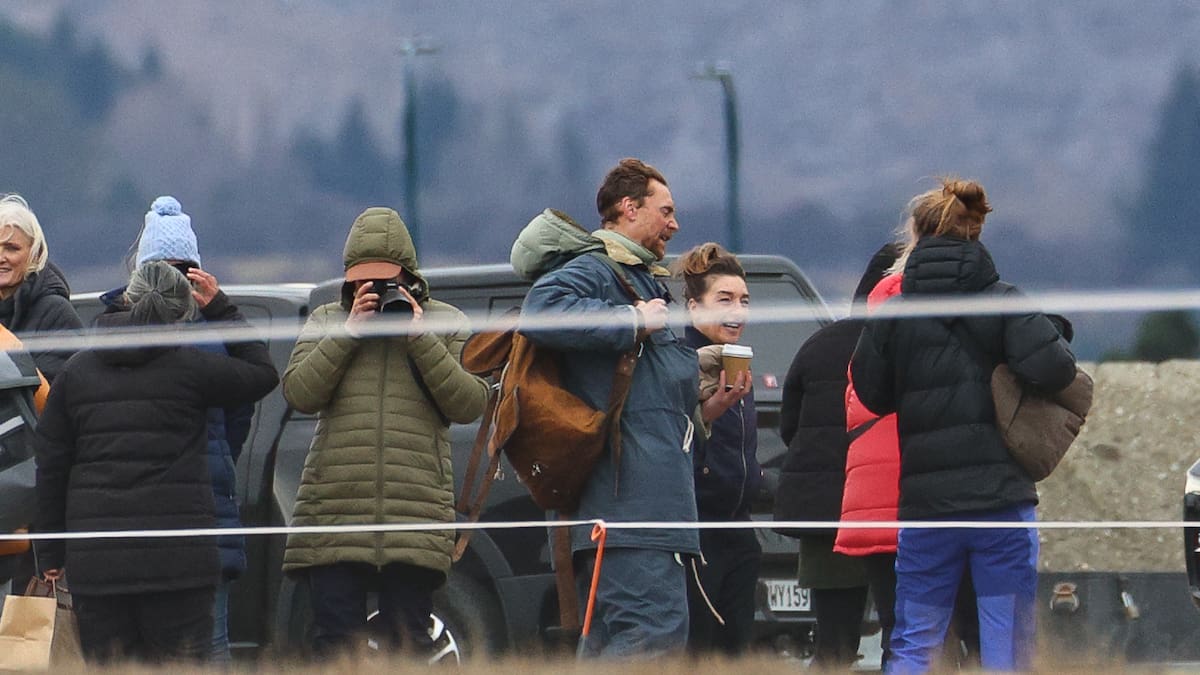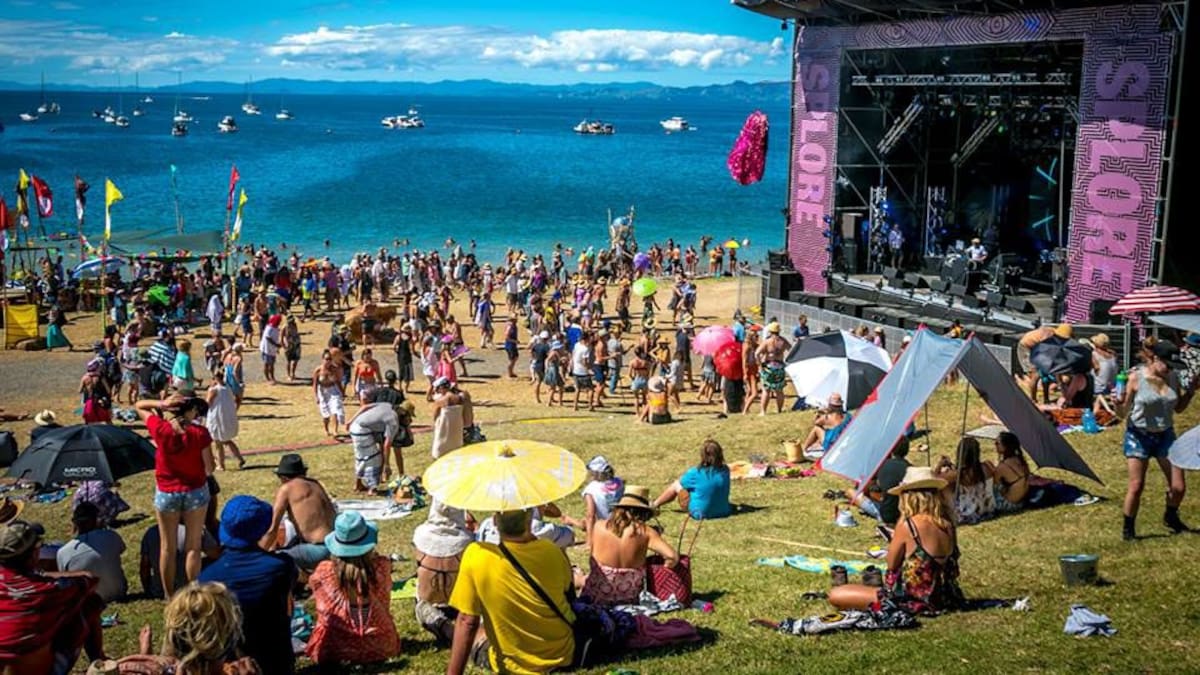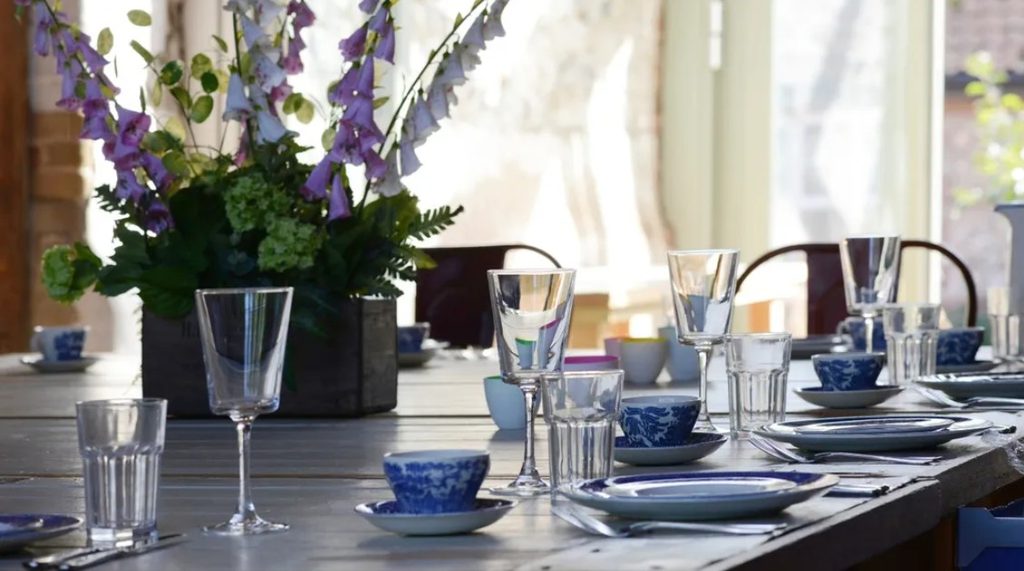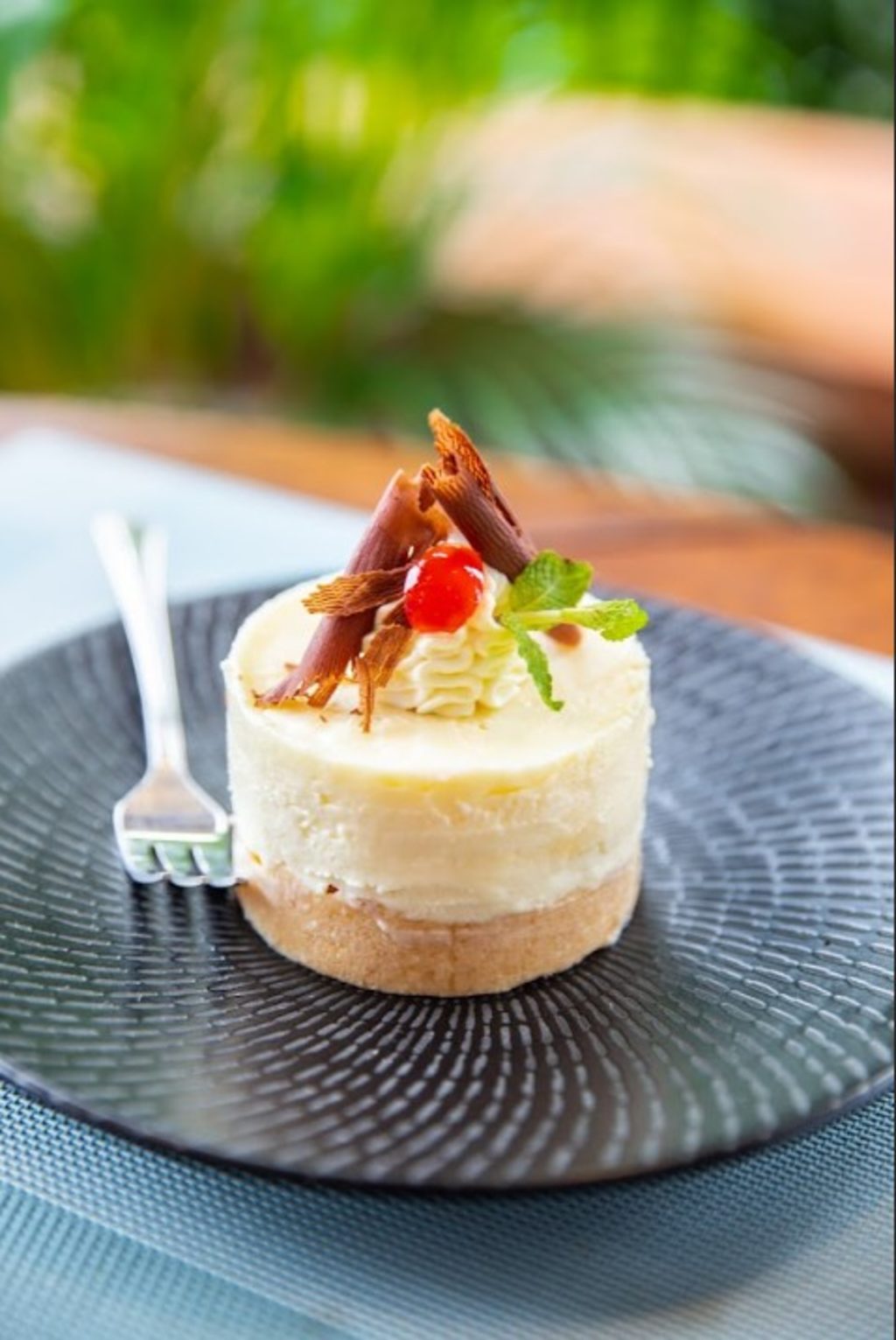“His music wasn’t just something we listened to. It was something we lived through. It was the soundtrack to our childhoods, our family parties, our car rides, our quiet nights, our celebrations, and our heartbreaks.”
Labour Party Deputy Leader Carmel Sepuloni said she couldn’t comprehend Veikoso’s death.
“One of the most talented Pasifika/ reggae musicians ever – if not the most talented,” she wrote.
“I was in awe of his music but in his humble gracious way, he was respectful to me for my political accomplishments.”
There are so many more photos to post but I can’t quite comprehend that this beautiful musical legend has left us. F1J1/…
Posted by Carmel Sepuloni on Wednesday 23 July 2025
Veikoso, born in 1970, was regarded as one of the most original and dynamic entertainers in the Pacific Rim.
He left Fiji in 1987 because of the country’s coup d’état and settled in Hawaii.
His island roots-inspired grooves earned him a place in popular television and film.
He co-wrote the theme song for Baywatch Hawaii, appeared as an actor in the film Blue Crush and performed on the Live with Emeril Lagasse cooking show.
Rest Easy Fiji ❤️
A staple for all of Polynesia. He connected every single Polynesian together. Your music and message will forever live on. A true Warrior Of Love🤟🏽
Thank you, Mahalo, Fa’afetai🤙🏽🇦🇸🇼🇸🇹🇴🇫🇯 pic.twitter.com/ahHQBilWEV
— Braeden Lafaele Meyer (@Coach_BMeyer) July 24, 2025
Last year, he hosted a two-day homecoming concert in Nadi, which brought an estimated $1 million into the local economy.
Katchafire’s Logan Bell described Veikoso as an “amazing human to sit down and have a chat to”.
“I just love the way he talks about indigenous peoples throughout the Pacific – you can call them Polynesian or Pasifika – and what life was once like in pre-European, pre-colonial days,” he said.
“I love the way he talks about whakapapa. There was communication, there was trade, there was a cohesive way of life back then. Māori history really interests me, indigenous history really interests me, and sacred knowledge and the [earlier] ways of life.”






